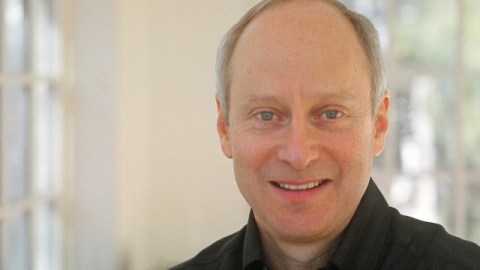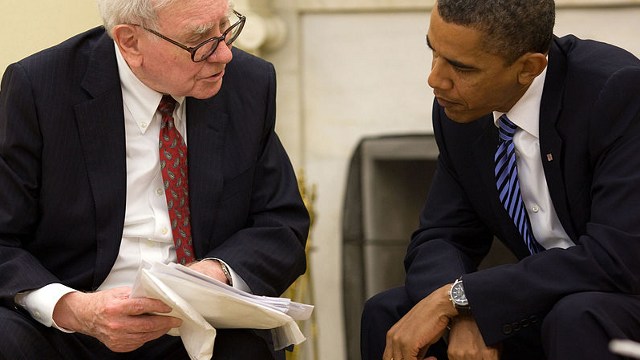Michael Sandel on Commercialization and Commonality

Michael Sandel, the Anne T. and Robert M. Bass Professor of Government at Harvard,writes:
As naming rights and municipal marketing appropriate the common world, they diminish its public character. Beyond the damage it does to particular goods, commercialism erodes commonality. The more things money can buy, the fewer the occasions when people from different walks of life encounter one another. We see this when we go to a baseball game and gaze up at the skyboxes, or down from them, as the case may be. The disappearance of the class-mixing experiment once found at the ballpark represents a loss not only for those looking up but also for those looking down.
Something similar has been happening throughout our society. At a time of rising inequality, the marketization of everything means that people of affluence and people of modest means lead increasingly separate lives. We live and work and shop and play in different places. Our children go to different schools. You might call it the skyboxification of American life. It’s not good for democracy, nor is it a satisfying way to live.
Democracy does not require perfect equality, but it does require that citizens share in a common life. What matters is that people of different backgrounds and social positions encounter one another, and bump up against one another, in the course of everyday life. For this is how we learn to negotiate and abide our differences, and how we come to care for the common good.
What kind of claims are these? A lot of them strike me as empirical claims, but I don’t see any empirical evidence.
How about this one:
The more things money can buy, the fewer the occasions when people from different walks of life encounter one another.
I’m not even sure what this is supposed to mean, since it seems almost obviously false. Take the time period from 1910 to 2010. Are there more things money can buy in 2010? Yes! Many, many, many, many more things. Cars, refrigerators, contact lenses, chemotherapy, etc., etc., etc. Okay. Now let’s interpret the “encounter one another” claim. I guess Sandel has in mind the chances that two people who live in the same city, one of high and one of low socio-economic status, will be at the same place at the same time. Have these chances dropped? I sure don’t know, and I’d guess Sandel doesn’t either.
Anyway, it’s pretty hard to see what the explosion in the number or kind of things money can buy has to do with this. I understand he’s trying to say something about the ability of the rich to buy their isolation from the hoi polloi, but then why does he speak so broadly and confusingly about the number of things money can buy. Who knows!? But let’s do better and stick to the ways in which spatial segregation of socio-economic classes can be bought. Has this really changed in any meaningful way? What fraction of ballgame-goers in the top 10% of the wealth distribution sit in skyboxes? Didn’t rich people always sit in more expensive seats? Are people in the bottom 10% of the distribution now more or less likely to be able to afford a ticket to a ballgame than they were 100 years ago?
Don’t the effects of spatial segregation by SES depend on the particular cause? Was it a good or bad thing for a sense of “common life” when rich people stopped employing live-in cooks and drivers and maids? Not obviously bad, right?
How about this:
You might call it the skyboxification of American life. It’s not good for democracy, nor is it a satisfying way to live.
Have other countries undergone skyboxification? Have their democracies suffered? How so? Has Sandel noticed all the corporate logos on European soccer teams? Are people really less satisfied in places with lots of corporate logos on things? Does the fact that it is named after a chewing-gum magnate really detract from the public character of Wrigley Field?
This sort of evidence-free improvisational moralizing just drives me up a wall. For all I know, Sandel’s right about everything. He just doesn’t give us any reason to believe him. Maybe it’s all in the book.





